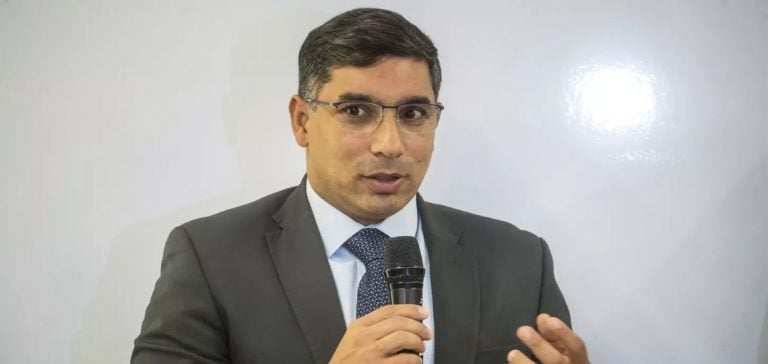Former Venezuelan Oil Minister and ex-CEO of state oil company PDVSA, Pedro Tellechea, was arrested on Sunday for allegedly sharing sensitive information with the U.S. government, according to a statement from the prosecutor’s office on Monday. This arrest marks an escalation of political tensions within Venezuela’s fragile energy sector, which has been under pressure for years due to international sanctions and mismanagement.
Interior Minister Diosdado Cabello, a powerful figure in the government, stated during a press conference that the Venezuelan state would relentlessly pursue “any attempt to betray the nation.” His remarks came following Tellechea’s arrest, as he is accused of handing over PDVSA’s automated control system to a company allegedly linked to U.S. intelligence services.
A Sector Plagued by Repeated Crises
Venezuela’s oil sector, once the backbone of the country’s economy, has seen its production drop to historic lows in recent years, falling below 400,000 barrels per day (bpd) in 2020, compared to 3.5 million bpd in 2008. The industry has been crippled by U.S. sanctions imposed in response to the policies of President Nicolás Maduro and widespread corruption in state-run companies.
Tellechea, 48, took charge of PDVSA with the aim of reviving the struggling oil industry. Under his management, production increased, reaching nearly one million barrels per day, a modest but significant recovery for the government, although still far below the country’s potential. Venezuela possesses the world’s largest proven oil reserves.
A Surprise Reshuffling
In August, Tellechea unexpectedly left his posts as Oil Minister and PDVSA’s CEO, officially citing health reasons. He was appointed Minister of Industry and National Production, a move that surprised many observers. Last Friday, President Maduro removed him from this position, without publicly mentioning his name, and replaced him with Colombian businessman Alex Saab.
Saab, recently released by the U.S. as part of negotiations between Caracas and Washington, is considered a key intermediary for the Venezuelan government on the international stage.
Controversial Accusations
Tellechea is accused of handing over PDVSA’s “brain,” a crucial computer system for managing the country’s oil infrastructure, to a company allegedly controlled by the U.S. This act has been labeled a “betrayal” by the Venezuelan government, viewed as an attempt to undermine the nation’s energy sovereignty.
However, some analysts suggest that the arrest may be related to internal power struggles within the Venezuelan government, as the country continues to face growing economic and geopolitical pressures in its attempt to restore its energy production capabilities.






















